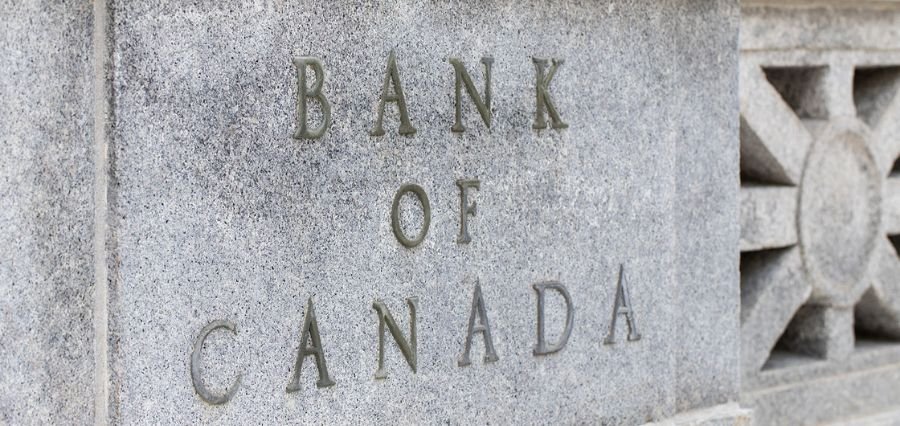Prime Highlights
- Fewer Canadian companies now view U.S. tariffs as a significant risk, the Bank of Canada’s most recent survey reveals.
- Though concerns are lower, companies are still cautious about adding more investments or hiring additional employees.
Key Fact
- The business outlook index fell to a one-year low of –2.42.
- One in three companies anticipate tariff-induced inflation, declining from two-thirds previously.
Key Background
The Bank of Canada’s latest Business Outlook Survey captures a change in sentiment among Canadian businesses towards trade tensions and economic uncertainty. Fewer businesses worry about unfair impacts of U.S. tariffs. Previously, the cost increase due to tariffs was a worry for about two-thirds of businesses; currently, it is only one-third. Most affected sectors—steel, aluminum, and autos—are also prudent, but generalized panic has dissipated.
Even this soothing of nerves, though, doesn’t encourage companies to make decisions about growth with confidence. The business sentiment indicator, which tracks opinion on sales and demand to follow, fell to –2.42, a year low. About 35% of firms report order books declining, and only 29% report increases. This skewed image points to a still-nervy business environment, particularly against the backdrop of continued geopolitical and policy uncertainty.
Furthermore, hiring and spending plans are subdued. Companies are holding off until periods of higher stability to grow. There were several who blamed trade policies and volatility in the market as the reason for postponing new capital spending or new hiring. Consequently, the general economic dynamism of Canada is subdued in the near term.
Inflation expectations are still low in firms. The majority of firms anticipate 2% to 3% consumer price increases in the next two years. Cost pressures continue to exist, especially from supply chains abroad and input prices. Firms are internalizing these expenses rather than transferring them with prices due to competitive pressures and low consumer demand.
Bank of Canada is also keeping a close eye on this guarded optimism. Though reduced inflation and subdued tariff threats provide some policy room, the central bank might keep rates steady until corporations exhibit a robust recovery and intent for long-term investment.




